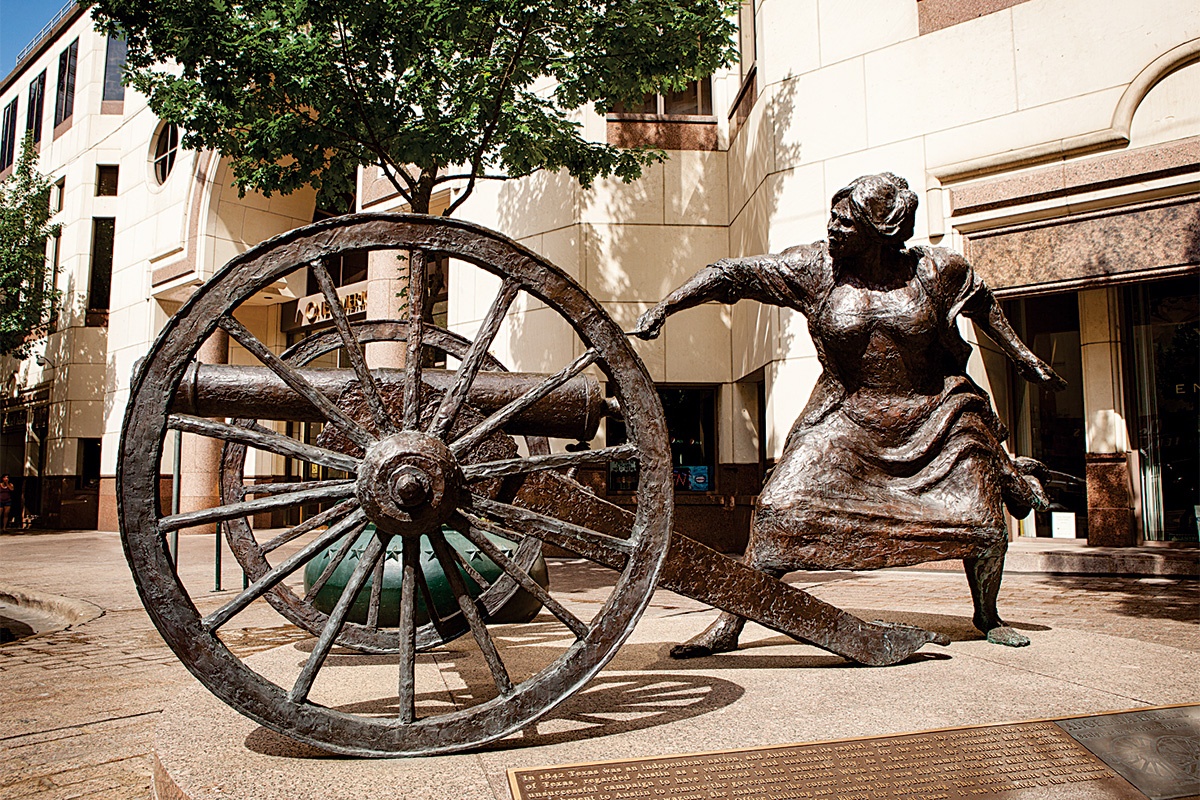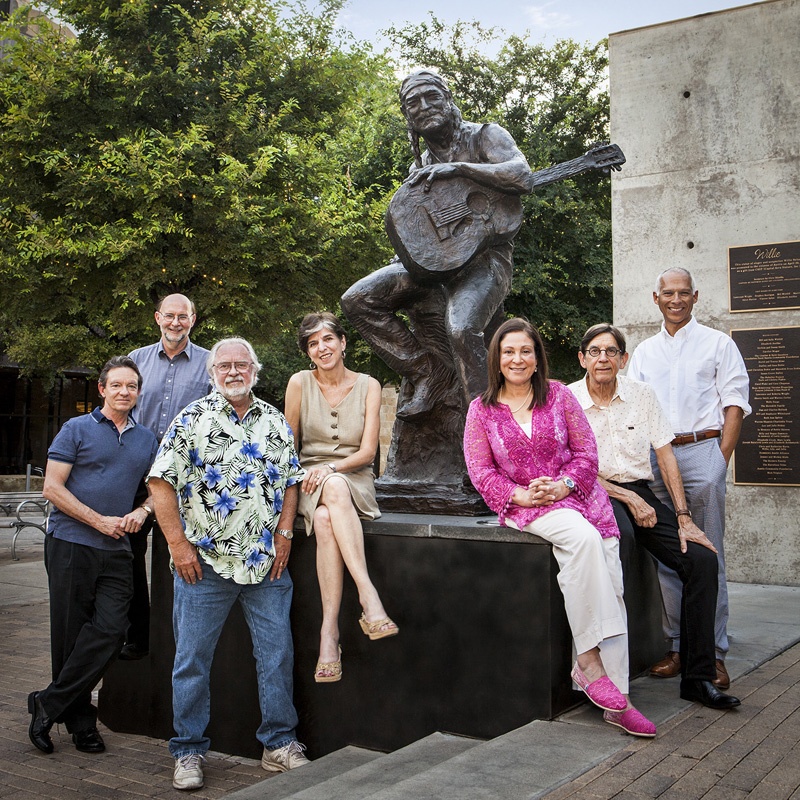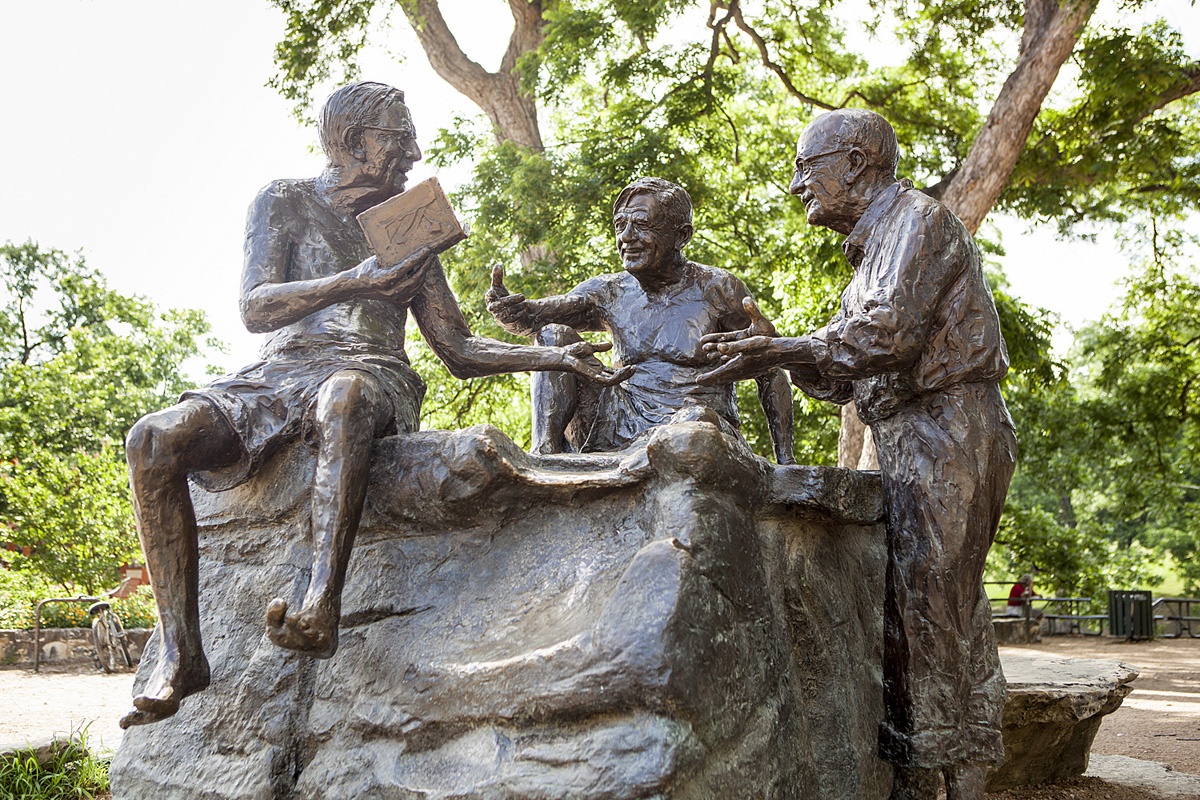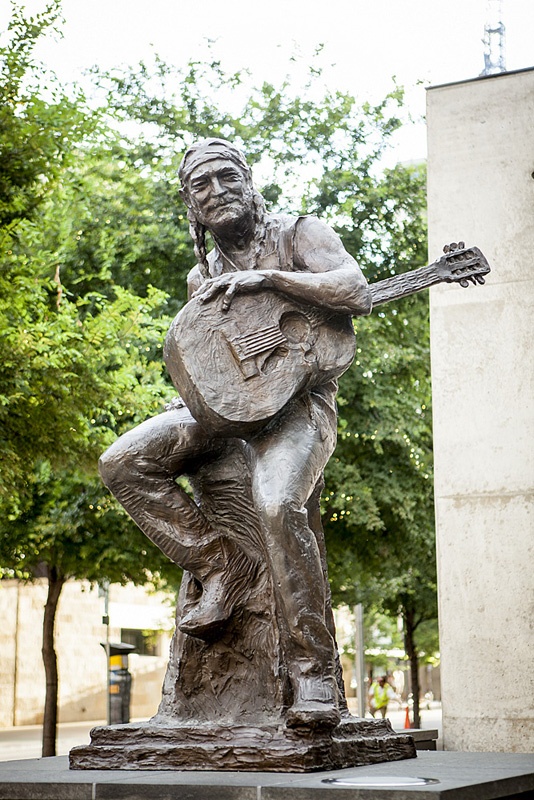Modern-day Austinites owe a debt of gratitude to Angelina Eberly, a worthy woman who operated an inn when Austin was a dirt-street village beside the Colorado River. The BOOM! of the 6-pound cannon she fired in outrage alerted the Republic of Texas’ founding fathers that Sam Houston was planning to pull a fast one.
The capital of the Republic of Texas hopped around like a jackrabbit after the Texas Declaration of Independence was signed March 2, 1836, at Washington-on-the-Brazos. In 1839, the Capital Commission selected Waterloo as the capital, and it was renamed Austin. President Mirabeau B. Lamar wanted a city specifically designed and built to be the capital of Texas, and new buildings had been erected to house government documents.
Eberly, her husband, Jacob, and their five children arrived that same year, ready to set up an inn and go into business. Eberly was no stranger to the main players of the new republic’s government. She had often hosted them at the inn and tavern she had operated in San Felipe.
The Eberly House opened in October 1839 on the corner of Colorado and Pecan (now Sixth) streets, one block west of Congress Avenue. When Lamar and his cabinet arrived that same month, they stretched the tiny town’s population to nearly 400. Before the end of the month, Lamar and his cabinet had dined at Eberly House.
In 1841, Sam Houston’s arrival in Austin and the inauguration for his second term as president brought a flurry of business to Eberly House. After the swearing-in, the new officers of the republic retired to Eberly House for dinner, and Houston engaged a room at the inn instead of staying at Lamar’s presidential mansion.
Houston objected to everything about Austin and considered it a dangerous place to live, according to Marshall De Bruhl in Sword of San Jacinto. At the forefront of his objections was first lady Margaret Houston’s wish to avoid moving to the “wild frontier.” Eberly and other Austinites were concerned: Moving the capital from Austin would strike a severe blow to their businesses.
When Houston ordered the government moved to Houston in 1842, the people of Austin prepared for battle. Residents formed a “vigilance committee” and placed a guard at the Land Office Building, where the archives were kept.
On December 10, Houston ordered Texas Rangers Thomas Smith and Eli Chandler to remove the public archives to Washington-on-the-Brazos. The rangers drove three freight wagons to the alley behind the building late at night, found it unguarded, and began loading crates of documents. They didn’t reckon with Angelina Eberly.
Roused from her bed by the disturbance, Eberly rushed to the 6-pound cannon on Congress Avenue kept loaded with grape-shot to protect the city. She turned the cannon toward the disturbance and applied the torch. The roar awakened the entire town and launched an incident known ever after as the Archives War. Smith and Chandler, uninjured, made a hasty retreat with the booty they had collected.
Mounted men from Austin pursued, gathering recruits along the way. When Chandler and Smith stopped for the night near Brushy Creek, they were overtaken and surrounded. Badly outnumbered, they handed over the 11 boxes of documents without a fight.
Without Eberly’s bold cannon blast, the Legislature might gather every two years in Houston to enact state business. Sam Houston did not attempt to move the capital again.
In 2004, a bronze statue of Eberly lighting the fuse of the cannon was erected on Congress Avenue near the spot where she fired the shot that helped keep the state archives in Austin.
———————-
Martha Deeringer, a member of Heart of Texas EC, lives near McGregor.





